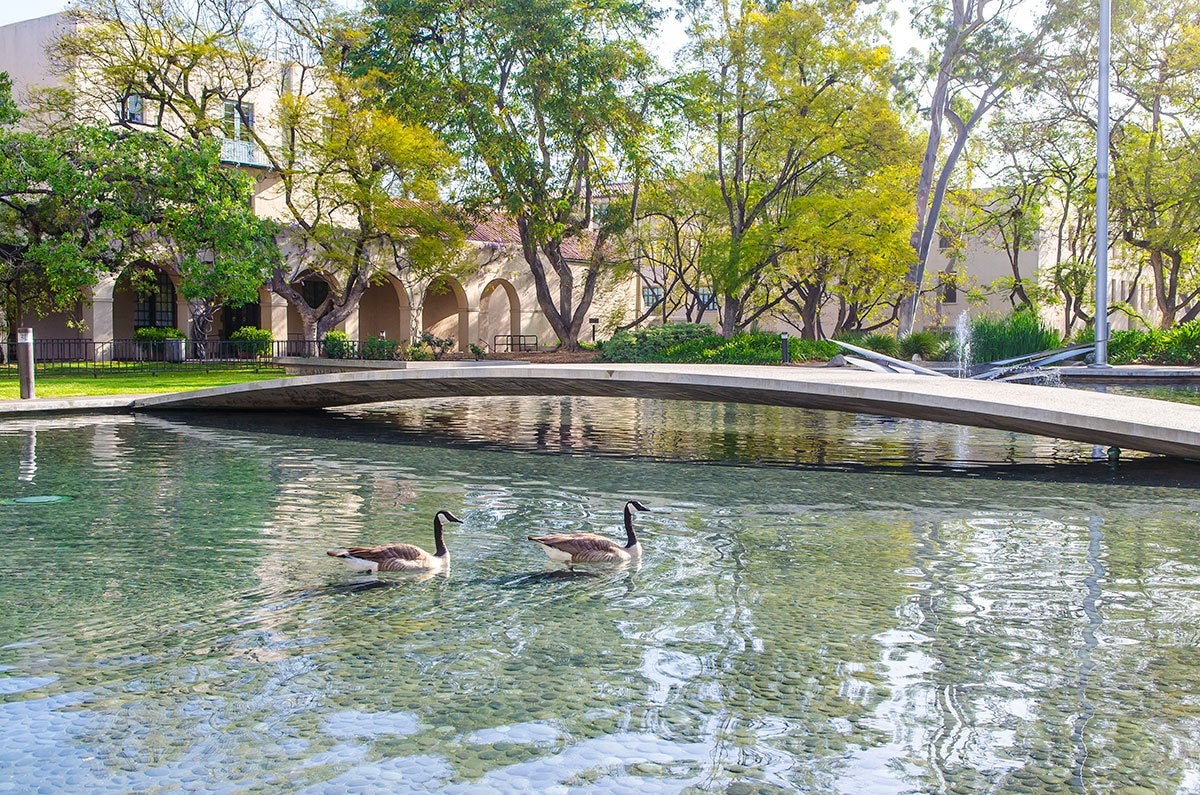Times Higher Education World University Rankings see America take the lead as UK performs better on last year
Editor of rankings says, despite the UK’s performance, recent cuts in higher education funding - along with immigration measures affecting overseas students - will hinder Britain's performance in the long run, compared with its European rivals

The UK has fared better as America continues to dominate Times Higher Education’s (THE) official World University Rankings for the second year in a row.
Oxford has moved up from third to second place this year as Imperial College London also sees a one-point rise from ninth to eight place on 2014/15.
The rankings also herald a change as Switzerland’s ETH Zürich is the only non-UK and non-US institution to feature this academic year, as Yale and California, Berkeley fall out of the top ten and into 12th and 13th place respectively.
The top spot, however, has been awarded again to the California Institute of Technology (Caltech), world-renowned for its pioneering research and education within science and engineering.
As 78 of Britain’s universities feature in the top 800 – with 34 institutions in the top 200 alone – THE says the UK is now second only to America for the number of world-class universities in this year’s largest-ever list.
Designed specifically for professional people working in higher education and research, THE says it is the world’s most authoritative source of information about further education.
It added how the research behind the rankings is the most comprehensive and international ever, revealing a host of new entrants among universities, countries, and whole regions.
Editor of THE’s World University Rankings, Phil Baty, described the UK as a stand-out performer in this year’s rankings.
Reflecting on Oxford’s position as world number two, he said: “It appears the UK’s position in the rankings has benefitted from the fact that the country’s research excellence framework (REF) assessment took place in the middle of the World University Ranking’s period of assessment.”
However, despite the UK’s success, Mr Baty added how continued cuts in higher education funding – the Higher Education Funding Council for England received a £150m budget slash this year – and series of immigration measures affecting overseas students will delay its performance in the long run.

He added: “Many of the country’s European rivals – such as Germany, Switzerland, and the Netherlands – are also performing well but are less hindered by funding cuts and more welcoming for international students.
“The number of overseas students in Germany increased by 6.7 per cent from 2013 to 2014, compared to a 2.4 per cent rise in the UK during the same period.”
The UK, he said, will have to work hard to ensure its higher education spending and immigration policies do not hold back its place in the World University Rankings.
When considering the rankings this year, THE described how it drew upon the following:
- 800 universities ranked – up from 400 from last year – with 70 countries included (29 more than in 2014)
- 13 performance indicators make these the only world rankings to examine all the core missions of the modern global university – research, teaching, knowledge transfer, and international activity
- The world’s largest invitation-only academic reputation survey (including responses from more than 10,000 senior academics in 2014/15)
- Research excellence assessed through the examination of more than 11 million research papers (up from six million last year), with 51 million citations (up from 50 million last year)
Arts, humanities, and social sciences were also all placed on an equal footing with science this year too.
Join our commenting forum
Join thought-provoking conversations, follow other Independent readers and see their replies
Comments
Bookmark popover
Removed from bookmarks